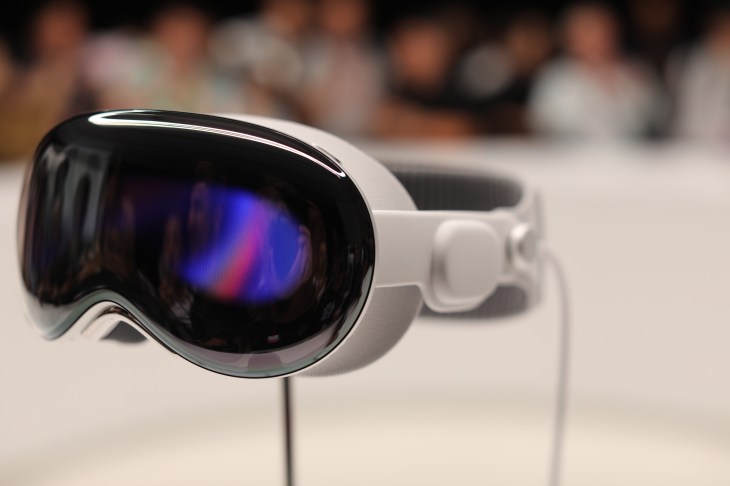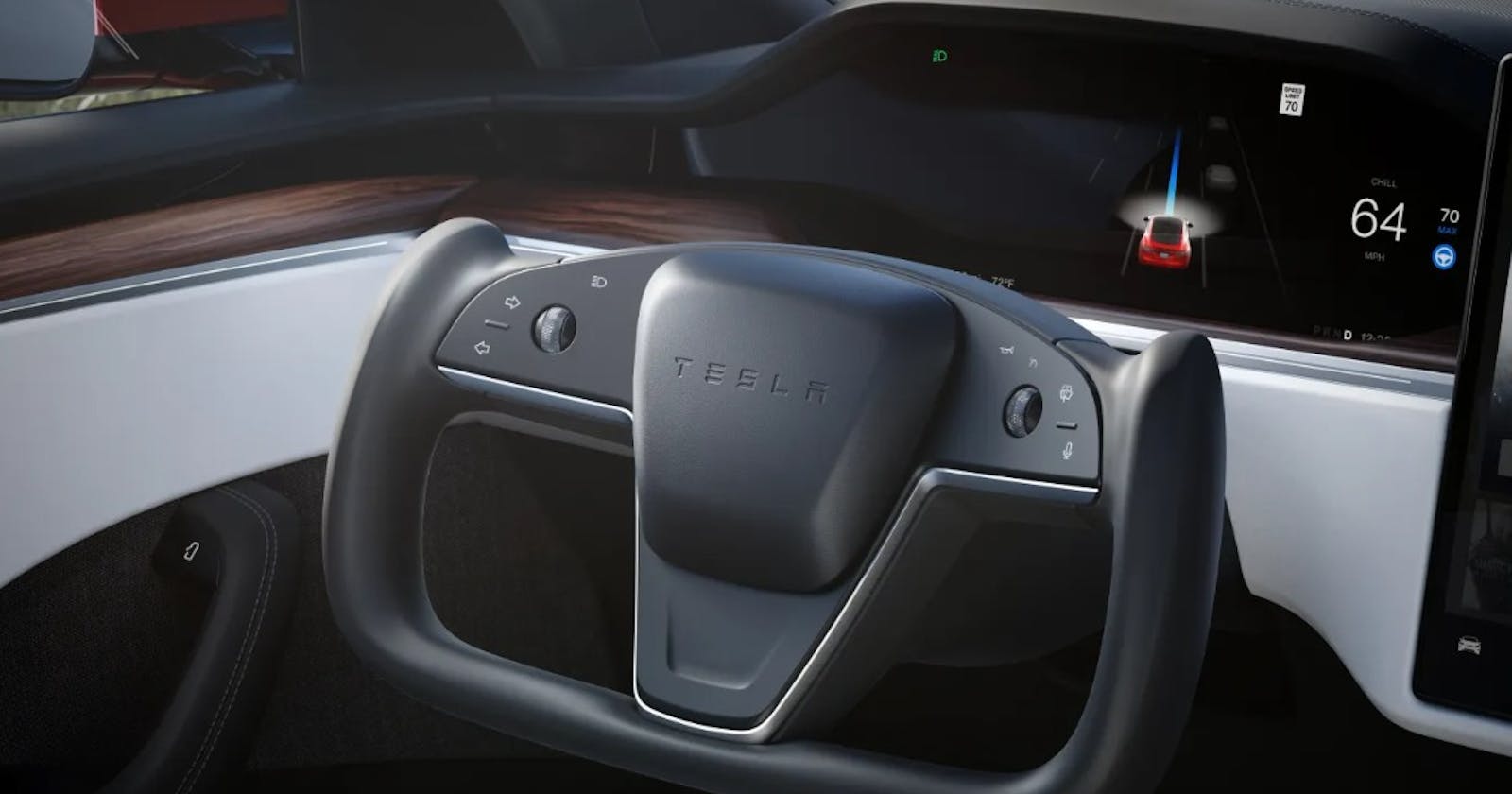1.Consumer Reports says Tesla’s Autopilot recall fix is ‘insufficient’
Consumer Reports, a non-profit organization, has concerns about Tesla's recent fix for its Autopilot recall. They found that drivers can still cover the cabin camera while using Autopilot, one of the main ways the car monitors if they are paying attention. They also didn't notice any significant changes in Autosteer's behavior outside of controlled-access highways.
Tesla maintains that drivers must pay attention and keep their hands on the wheel while using Autosteer, but Consumer Reports is skeptical about the effectiveness of the recent update. They are planning to do more extensive testing in the coming weeks.
The recall, affecting over 2 million vehicles, stems from a two-year investigation by the National Highway Traffic Safety Administration (NHTSA) into the Autopilot feature. Some owners feared the recall would restrict Autosteer to controlled-access highways, but Consumer Reports found that's not the case with the update.
Overall, Consumer Reports is not yet convinced that Tesla's fix for the Autopilot recall is sufficient and plans to do more testing to assess its effectiveness
2.The New York Times wants OpenAI and Microsoft to pay for training data

The New York Times has filed a lawsuit against OpenAI and Microsoft, claiming copyright violations in training AI models like ChatGPT and Copilot using millions of Times’ articles without permission. The Times demands the destruction of models and data containing their content and seeks billions in damages, highlighting potential harm to journalism if news organizations can't protect their content.
OpenAI responds by emphasizing their commitment to respecting content rights and aims for mutually beneficial solutions. The conflict revolves around AI models learning from publicly available and copyrighted content, sparking legal battles and debates over fair use.
Similar suits involving celebrities, novelists, and programmers allege unauthorized use of their works in training AI models. The Times' case stands out due to its scale and emphasizes potential damage to its brand from AI-generated misinformation attributed to them.
The lawsuit argues that these AI models indirectly compete with news publishers by providing subscription-only information without citation or proper monetization, affecting traffic and revenue. The complaint emphasizes instances where AI models reproduced Times’ content or bypassed paywalls, benefiting from the Times' journalism investment without compensation.
Other publishers have opted for licensing agreements instead of legal battles, highlighting a divide in strategies to address this issue. Despite attempts at negotiations, The Times claims talks for a licensing arrangement with OpenAI and Microsoft weren't successful.
The legal dispute underscores the complex intersections of AI, content ownership, fair use, and the potential impact on journalism and news publishing in the digital age.
3.Xiaomi’s first EV is the freshest take on a ‘smartphone on wheels’

Xiaomi, known for smartphones, is entering the EV market with its debut electric car, the SU7 sedan. Scheduled for release in China, it aims to merge phone technology with car functions using Xiaomi's "HyperOS." This system promises a unified experience across devices, from phones to smart homes to cars, ensuring apps and preferences seamlessly transition between locations.
While this integration isn't novel and echoes past attempts by companies like Faraday Future, it's a continuing trend seen in Apple's CarPlay and Google's Android Auto. Both mirror phone software on car screens, with Google even developing an Android version solely for car infotainment systems.
However, developing in-house software for cars can be complex. Apple's car project has seen multiple shifts, while Volkswagen and others faced challenges in this realm. Xiaomi stands out due to China's robust EV supply chain, making it feasible for companies like Xiaomi and Huawei to venture into EVs.
Xiaomi's electric car boasts impressive specs: potential 500-mile range on a single charge, fast charging capabilities, and rapid acceleration. Yet, the biggest challenge remains ensuring reliability and safety in vehicle production at scale. While perfecting the in-car experience seems achievable, the larger task lies in establishing a solid foundation for vehicle manufacturing.
4.Here we go again: 2023’s badly handled data breaches

In 2023, numerous organizations continued mishandling data breaches, echoing past mistakes in responding to security incidents:
Electoral Commission (UK): Acknowledged a major hack two years after the breach and remained vague about details despite exposure of sensitive voter data.
Samsung (UK): Revealed a year-long breach affecting U.K. customers but refrained from disclosing the number of affected customers or specific breach details.
Shadow (France): Faced an undisclosed breach but remained silent about the full scope of the incident and avoided public disclosure beyond notifying affected customers.
Lyca Mobile (UK): Disclosed a cyberattack and data breach impacting millions but withheld specifics about stolen data or the extent of customer impact despite storing sensitive information.
MGM Resorts: Despite a notable hack, MGM failed to reveal the number of affected customers or provide comprehensive details about the stolen data.
Dish (U.S.): Confirmed a ransomware attack and potential data theft but hasn't updated customers or revealed the breadth of compromised personal information.
CommScope: Responded inadequately to a ransomware attack, neglecting to inform employees about stolen personal data and refraining from addressing the leaked employee information publicly.
5.Apple Vision Pro tipped for late Jan/early Feb release

We’ve known about the Vision Pro for more than half a year now (not to mention the years of rumors), but Apple’s first “spatial computing” device is one of consumer electronics’ biggest question marks heading into the new year. The $3,499 headset was given an “early-2024” release time frame when it was unveiled at WWDC in June, but since then, the company hasn’t gotten more specific.
Apple oracle Ming-Chi Kuo offered an early holiday gift on December 24, narrowing down what he believes will be a “late-January/early-February” release date for the system. The analyst says that the first wave of Vision Pros are being shipped to Apple in about a month, with total shipments numbering around 500,000 for the full year.
The company’s precise target for the year remains an open-ended question. About a month after the device was revealed, reports suggested that Apple has scaled back expectations from around one million to “fewer than 400,000.”
Even the updated 500,000 figure is small for a company of Apple’s massive size and influence. Keep in mind that the company should be shipping more than 200 million iPhones this calendar year.
The Vision Pro, however, is widely regarded as the biggest gambit of Tim Cook’s 12-year tenure as CEO. Not only is it an entirely new category and form factor for the company, it’s also prohibitively priced, even for customers accustomed to shelling out extra for apple products. Add to that VR’s decades-long failure to live up to expectations, and you’ve got a big uphill fight on your hands.
Kuo refers to Vision Pro as “Apple’s most important product of 2024.” Given the years of speculation and all the time and money the company has no doubt poured into the headset, it’s a tough statement to argue.
